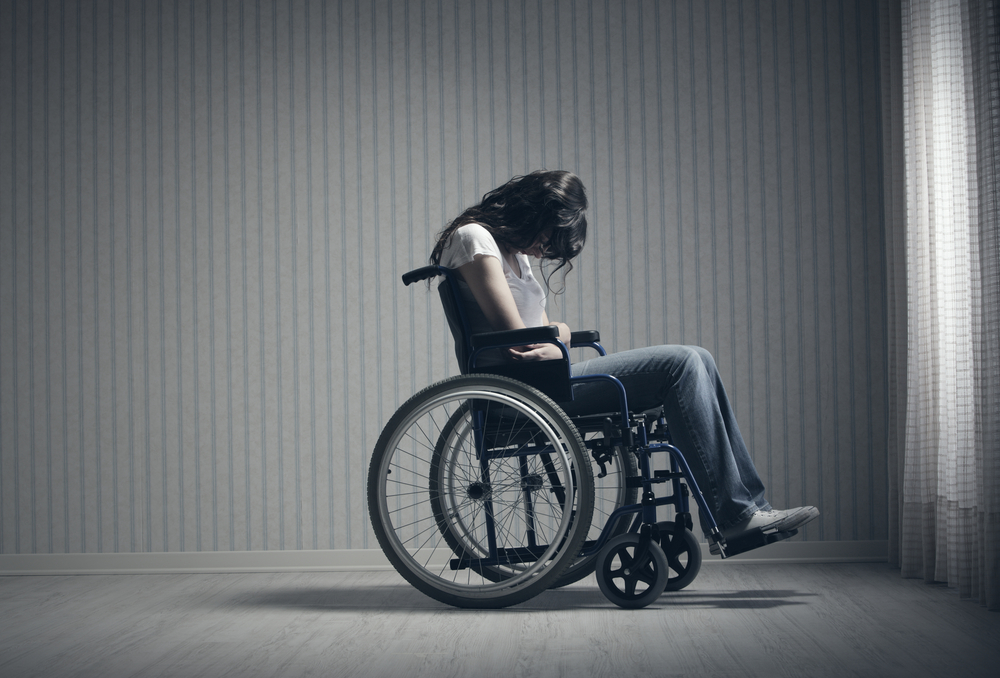It is common knowledge that addiction is a serious problem in our society. But what you may not know is that addiction is also a major issue for people with disabilities.
Addiction rates are significantly higher among people with disabilities. This is due to several factors, including the fact that people with disabilities often have a more difficult time accessing treatment.
If you or someone you love has a disability, it’s important to be aware of the link between disability and addiction and seek help if needed.
What are Disability and Addiction?
A disability is a condition that can be physical, mental, or emotional. It may be caused by an injury, a disease, or a congenital condition. A disability makes it difficult for a person to walk, talk, see, hear, and/or perform other activities.
Addiction is a condition that occurs when a person becomes dependent on drugs or alcohol. It can lead to physical and mental health problems and make it difficult for a person to function in society.
How Do Disability and Addiction Interact with Each Other?
Disability and addiction often go hand-in-hand. People with disabilities are more likely to develop addictions than people without disabilities. This is because people with disabilities often face challenges that make them vulnerable to addiction.
For example, they may have difficulty finding employment, housing, or social support. They may also be coping with chronic pain or dealing with the effects of a disability.
How Disability Can Lead to Addiction
There are a number of reasons why people with disabilities are more likely to develop an addiction. For example, they might:
- Turn to substances to self-medicate pain or escape challenges
- Have difficulty accessing treatment and recovery resources
- Face discrimination or judgment from others who don’t understand their situation
How Addiction Can Lead to Disability
Addiction is a serious problem that can have devastating consequences. One of the most potentially harmful effects of addiction is how it can lead to disability.
Addiction can cause physical and mental health problems that make working difficult or impossible. It can also lead to financial problems, as addicts may spend all their money on drugs or alcohol instead of paying bills. As a result, addiction can leave people unable to support themselves or their families.
In extreme cases, addiction can also lead to homelessness.
The Challenges of Living with Both A Disability and An Addiction
For many people, living with a disability is a challenge in itself. Add to that the challenges of living with an addiction, and it becomes clear that this is a population that often struggles to get by.
People who have both a disability and an addiction face unique challenges. These include:
Having Difficulty Accessing Treatment
Many treatment facilities are not equipped to accommodate people with disabilities, and those that may not be accessible to people with certain types of disabilities.
Having Difficulty in Abstaining
People with disabilities may find it more difficult to abstain from substances, as they may be used to self-medicating their pain or coping with symptoms.
Experiencing Stigma
Finally, people with disabilities may be more likely to experience stigma and discrimination from both the addiction and disability communities. As a result, they may feel isolated and alone in their struggle.
Fortunately, many organizations and resources are available to help people with disabilities and addictions. Addiction hotlines are accessible 24/7.
However, challenges still exist in terms of access and awareness. People with disabilities and addiction can lead happy, healthy lives with more education and support.
What are Some of the Most Effective Treatments for Both Disability and Addiction?
Addiction and disability can be difficult to overcome without professional help. However, there are several effective treatments that can help people struggling with both addiction and disability to recover:
- Cognitive-behavioral therapy (CBT): This helps people identify and change the negative thoughts and behaviors contributing to their addiction.
- Medication-assisted treatment (MAT): This uses medications to ease withdrawal symptoms and cravings.
- 12-step programs: These provide support and accountability.
For people with disabilities, the most effective treatments include physical therapy, occupational therapy, and speech therapy. These therapies can help people with disabilities regain function and independence.
In addition, many people with disabilities find adaptive equipment helpful in their daily lives.
While overcoming addiction and disability can be difficult, most treatments can make recovery possible.
Final Thoughts
While addiction is a difficult problem to overcome, it is important to seek help if you or someone you know is struggling with addiction. Many resources are available to those who need help, and treatment can make a huge difference in someone’s life.
If you are struggling with addiction, don’t hesitate to seek help. There is no shame in admitting that you need help, and there are people who care about you and want to see you succeed.
Addiction doesn’t have to be a life sentence; you can recover and live a healthy, happy life with treatment.



